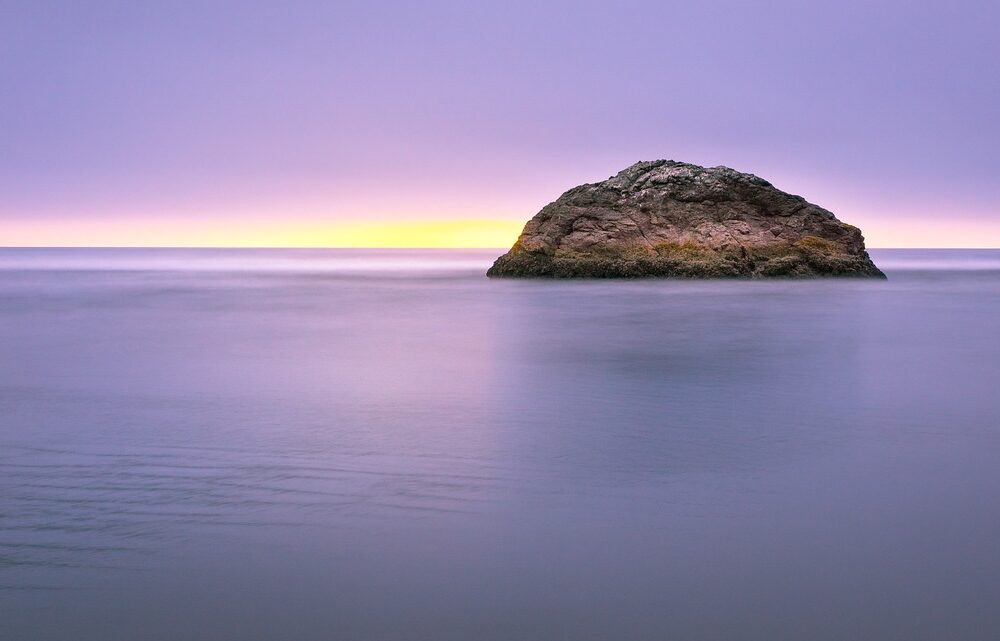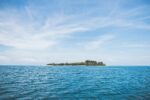Find Weed in Auki, Solomon Islands
A Cannabis Travel Guide For Stoners To Find Weed in Auki
Auki, the capital of Malaita Province in the Solomon Islands, is a small but bustling town known for its markets, cultural vibrancy, and as a gateway to nearby islands. While the Solomon Islands have strict laws against cannabis cultivation, possession, and use, reports suggest that cannabis is grown in some remote areas, including parts of Malaita. Due to the region’s fertile soil and favorable climate, illegal cannabis cultivation has been a persistent issue, often linked to socio-economic challenges and lack of employment opportunities. Despite government crackdowns, the trade continues in some areas, with authorities working to combat its spread through law enforcement and community awareness programs. For more tips on how to find weed in Auki, follow the best weed guide, Weedyspliff.
Cannabis Laws in Auki
Cannabis laws in Auki are strict. Possession, cultivation, and distribution are illegal under national law. The country enforces a zero-tolerance policy. Offenders face fines and imprisonment. Law enforcement in Auki conducts raids to curb illegal cannabis activities. Despite the ban, some rural areas still grow cannabis. The government promotes drug prevention through public awareness campaigns. However, enforcement is challenging due to limited resources and remote growing regions.
How and Where To Find Weed in Auki
Follow the world’s best weed guide, weedyspliff to know more about where to find weed in Auki. Cannabis is illegal in the Solomon Islands, and possession, cultivation, or distribution can lead to serious legal consequences. Law enforcement actively works to prevent its sale and use. If you’re looking for information on local laws or drug policies follow Weedyspliff.
Final Thoughts
The Solomon Islands is a Pacific island nation consisting of over 900 islands, located east of Papua New Guinea. Known for its rich cultural heritage, diverse marine life, and World War II history, the country relies on agriculture, fishing, and tourism for its economy. Honiara, the capital, is the political and economic center. The islands are home to many indigenous communities, each with unique traditions and languages. While the nation faces challenges such as climate change and economic development, it remains a place of natural beauty, with pristine beaches, lush rainforests, and vibrant coral reefs attracting visitors from around the world.
Share your thoughts in the comment section below.



